South Africa
The Pan-African Parliament (PAP), which is based in South Africa and whose motto is “One Africa, One Voice” faces a crisis of lack of legislative power.
Since its establishment in 2004, PAP, which currently has 229 MPs representing 51 countries, finds it difficult to be heard, to the point where, in the hemicycle of the exasperated deputies, the president is questioned one by one about their real role.
‘‘There is no leadership or convincing will on the part of the current leaders of the Pan-African Parliament, so it is not even a parliament, it is a forum, because it has no power. decisions that are made here have no consequence. It’s just a forum of people just coming to talk, but nothing happens beyond the deliberations taking place here,” Loyd Shivambu , a deputy representing South Africa said.
He adds ‘‘by definition, a parliament is supposed to be a legislative body, but this forum is not a parliament, it is simply a platform for discussion that does not have legislative power”. “It’s lost money and time”.
But for the president of parliament, it’s just a matter of time for that to come in order
Rodger Nkodo Dang , President of the Pan-African Parliament is optimistic.
‘‘It is the construction of the United States of Africa so we have to go step by step. At the moment we still have divergences on a number of points’‘,he noted. This Assembly, which should be the legislative arm of the African Union (AU), is in reality only endowed with advisory powers. The Malabo Protocol of 2014 conferred legislative powers on PAP, but has remained to this day a dead letter.
Only five countries have ratified it, out of the 28 required.




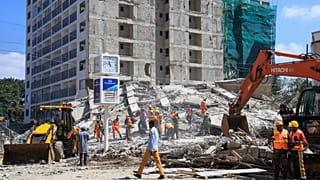
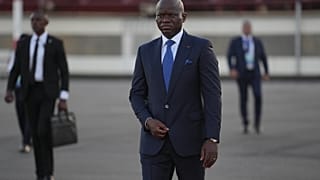
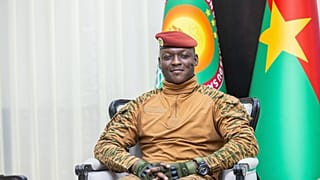
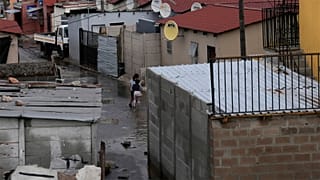
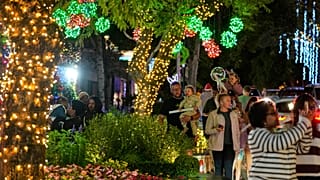


01:32
Africa Cup of Nations moves to 4-year cycle
00:54
Spanish police evict hundreds of mostly illegal migrants living in a squat
01:06
Trump administration expands U.S. travel ban to five more countries
01:24
Death toll in South Africa shooting rises to 12 after one victim dies in hospital
Go to video
3-year-old boy among 11 people killed in South Africa shooting
01:08
Zuma’s 18-year corruption battle nears crucial court ruling